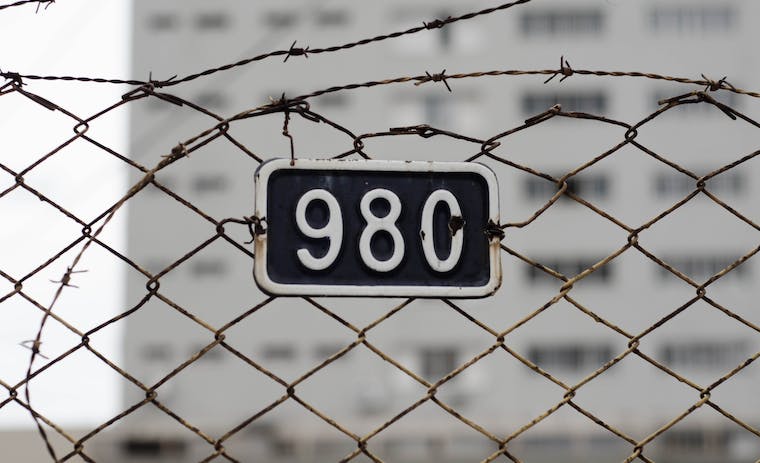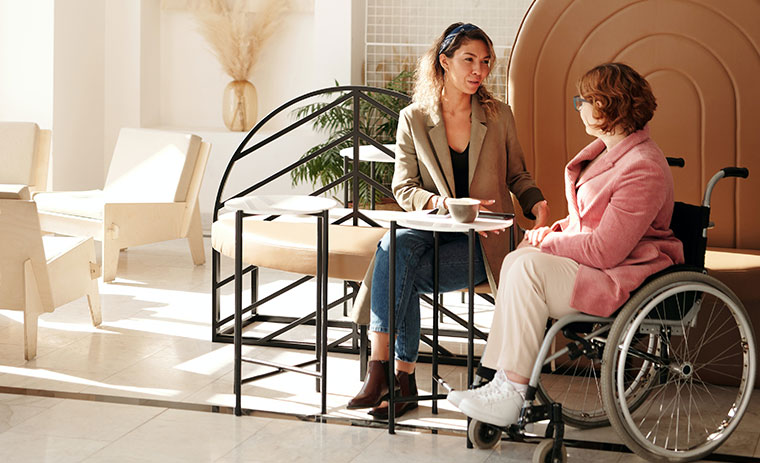Understanding Pennsylvania’s Home Care Licensing and Regulations
Navigating the world of home care in Pennsylvania can seem daunting, especially when it comes to understanding the intricacies of licensing and regulations. But worry not, intrepid caregiver! This blog is your one-stop guide to demystifying the Pennsylvania home care landscape, ensuring you or your loved ones receive safe and high-quality care within the legal framework.
Who Needs a License?
First things first, not all home care providers require licensure in Pennsylvania. The key differentiator lies in the type of care provided:
- Home Care Agencies (HCAs): HCAs provide skilled nursing care, like wound care or medication management, requiring a license from the Pennsylvania Department of Health (DOH).
- Home Care Registries (HCRs): HCRs connect clients with non-skilled caregivers for assistance with daily living activities like bathing, dressing, or meal preparation. HCRs do not need a license but must register with the DOH.
The Licensure Process for HCAs
Obtaining an HCA license involves several steps:
- Application: Submit an application and pay the fee to the DOH.
- Inspections: The DOH will conduct an initial inspection to ensure your agency meets all regulations.
- Ongoing Compliance: Maintain compliance with regulations through annual renewals, reporting requirements, and addressing any deficiencies identified by the DOH.
Key Regulations for HCAs and HCRs
Both HCAs and HCRs must adhere to specific regulations, including:
- Background checks and clearances for all staff
- Training and qualification requirements for direct care workers
- Consumer protections, such as informed consent, privacy, and a safe care environment
- Recordkeeping of client care and services provided
Resources for Navigating the System
The Pennsylvania DOH provides ample resources to guide you through the process:






